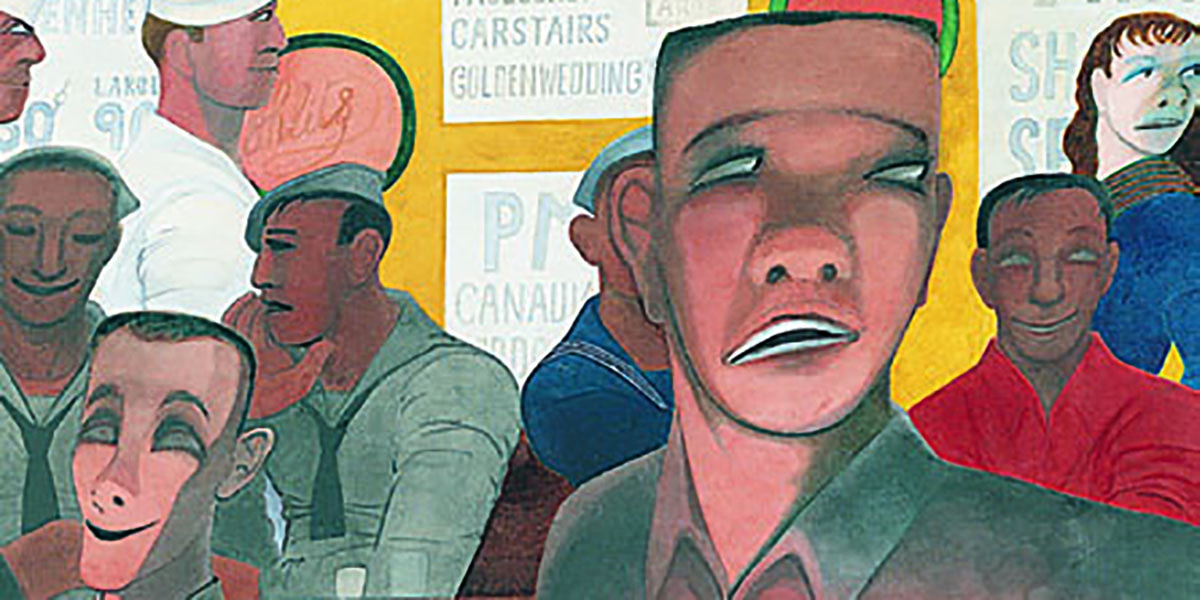
Explore key issues central to modernity through literature
Year of entry: 2024 (September)
1 year full-time,
2 years part-time
September 2024 (semester dates)
Join us online or in person to find out more about postgraduate study at York.
Upcoming eventsThe MA in Modern and Contemporary Literature and Culture offers you an intensive and exciting survey of the literary culture of the 20th and 21st centuries.
You’ll be introduced to key authors, texts, ideas and critical methods from the period, and construct a distinct, individually chosen programme of study from a wide range of options. You’ll develop your research skills and apply these to a substantial piece of independent research.
Taught and supervised by world-leading scholars in one of the UK’s largest research centres in modern English, you’ll gain a foundation for doctoral research in modern literature, as well as transferable skills for related careers in teaching, publishing, arts management and journalism.
You’ll engage with the wider research culture of the Department of English and the Centre for Modern Studies, and there will be a diverse schedule of seminars, conferences and reading groups for you to attend. You’ll also be part of the Humanities Research Centre, a vibrant interdisciplinary hub which will enable you to form close social and intellectual bonds over the course of your study.
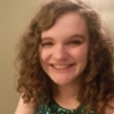 I've studied everything from Flaubert to Margaret Atwood and have learned so much, not only about the literary texts at hand but also about all kinds of contemporary debates. The Department has specialists in so many niche areas of literature that there's always someone on hand to discuss ideas with.Alex, MA Modern and Contemporary Literature and Culture
I've studied everything from Flaubert to Margaret Atwood and have learned so much, not only about the literary texts at hand but also about all kinds of contemporary debates. The Department has specialists in so many niche areas of literature that there's always someone on hand to discuss ideas with.Alex, MA Modern and Contemporary Literature and Culture
for English in the QS World University Rankings by Subject, 2024
Complete University Guide 2025
You'll study the development of ‘modernity’ in association with particular genres and writers, and assess the importance of political movements and new identities to modern writing. You'll investigate the cultural meanings and associations of important developments in literary technique in the 20th century. You'll develop an understanding of the interplay of modern writing with a range of cultural issues, and learn some of the ways in which modern historical and technological development affected notions of writing.
You'll study modules from a range of options offered by the Department of English and Related Literature and other arts and humanities departments. You'll also hone your research skills with dedicated training, and complete a research dissertation. You'll study 180 credits in total.
You'll address some of the major literary trends and cultural debates of modern and contemporary times. You'll consider the different ways that ‘modernity’ has been understood, focussing on the multiple art-forms and theories of art that this understanding yielded. You'll examine a broad swathe of writers, genres and intellectual disciplines. Typical subtopics include modernist difficulty, utopian fiction, confessional poetry, race and modernity, and neoliberalism. Typical authors studied include James Joyce, Virginia Woolf, T S Eliot, Marianne Moore, Gertrude Stein, Aldous Huxley, Samuel Beckett, Ralph Ellison, John Berryman, Paul Muldoon, and Zadie Smith. On the Postgraduate Life in Practice module, you'll learn valuable skills in research, writing, reflection, presentation, publishing and career development.
You will also study three option modules. These may include:
Our modules may change to reflect the latest academic thinking and expertise of our staff, and in line with Department/School academic planning.
Your dissertation offers you the chance to examine a topic in depth and to develop your research skills. You'll work on a 14,000-16,000-word dissertation with regular supervision from a member of staff. You'll submit your dissertation at the end of your course.
Recent dissertation topics include:
Every course at York is built on a distinctive set of learning outcomes. These will give you a clear understanding of what you will be able to accomplish at the end of the course and help you explain what you can offer employers. Our academics identify the knowledge, skills, and experiences you'll need upon graduation and then design the course to get you there.
 The courses I have taken in my MA in Modern and Contemporary Literature and Culture have all been thought-provoking, but very importantly, pertinent to my research interests and philosophical concerns.Kirby, MA Modern and Contemporary Literature and Culture
The courses I have taken in my MA in Modern and Contemporary Literature and Culture have all been thought-provoking, but very importantly, pertinent to my research interests and philosophical concerns.Kirby, MA Modern and Contemporary Literature and Culture
| Study mode | UK (home) | International and EU |
|---|---|---|
| Full-time (1 year) | £10,590 | £23,900 |
| Part-time (2 years) This is the year 1 fee. Fees for future years are subject to confirmation. |
£5,295 | £11,950 |
Students on a Student Visa are not currently permitted to study part-time at York.
For courses which are longer than one year, the tuition fees quoted are for the first year of study.
UK (home) or international fees? The level of fee that you will be asked to pay depends on whether you're classed as a UK (home) or international student. Check your fee status.
Find out more information about tuition fees and how to pay them.
You'll need copies of the texts set for each module. Where possible, we will provide digital access. We'll let you know which texts and editions you'll need to buy (whether new or second-hand) before the start of each term.
Discover your funding options to help with tuition fees and living costs.
We'll confirm more funding opportunities for students joining us in 2024/25 throughout the year.
If you've successfully completed an undergraduate degree at York you could be eligible for a 10% Masters fee discount.
You can use our living costs guide to help plan your budget. It covers additional costs that are not included in your tuition fee such as expenses for accommodation and study materials.
You’ll work with world‐leading academics who’ll challenge you to think independently and excel in all that you do. Our approach to teaching will provide you with the knowledge, opportunities, and support you need to grow and succeed in a global workplace.
You'll normally attend two 2-hour seminars each week. If you are a part-time student you'll attend one 2-hour seminar a week.
Seminar groups consist of fewer than 15 students in most modules, though some core modules may involve a larger number of students. You'll complete essential reading for each seminar, and we encourage you to read more widely around the topic.
You'll attend a series of training lectures and workshops, designed to address presenting your work, writing at MA level, transferable skills, and career development.
Over the course of the year, you'll give regular seminar presentations and attend research seminars and day conferences hosted by the Department. Many of these events will be organised through the Humanities Research Centre, a state-of-the-art facility unique to York.
Writers at York is a lively programme of readings and workshops, and aims to celebrate and explore the work of emerging and established contemporary writers.
Writers at York is supported by the University of York's External Engagement Awards and the Festival of Ideas.
You will be based in the Department of English and Related Literature on Campus West. Most of your contact hours will be in locations nearby on Campus West.
Our beautiful green campus offers a student-friendly setting in which to live and study, within easy reach of the action in the city centre. It's easy to get around campus - everything is within walking or pedalling distance, or you can always use the fast and frequent bus service.
You'll submit an essay for each module of approximately 4,500 words. The Postgraduate Life in Practice module will be assessed on the completion of a series of tasks connected to your core work for the MA. Your final assessment is a dissertation of 14,000-16,000 words.
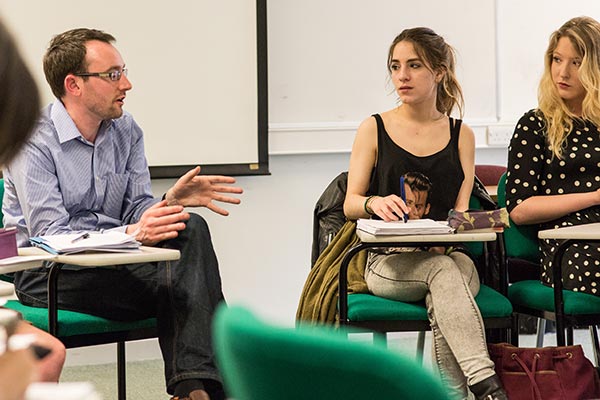
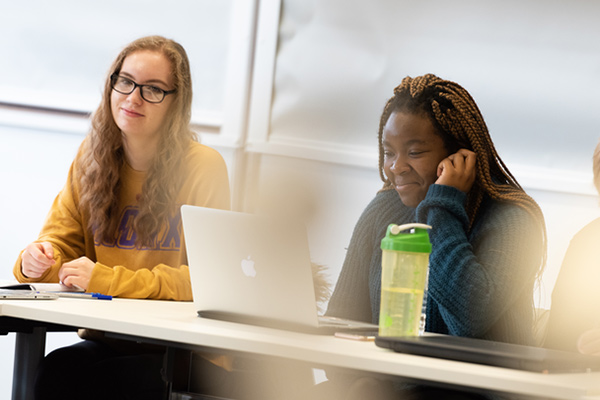
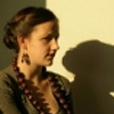 The warmth with which I was received into the York community clinched the deal - after a long and difficult search, I was delighted that my final decision was so easily made.Judith, MA Modern and Contemporary Literature and Culture
The warmth with which I was received into the York community clinched the deal - after a long and difficult search, I was delighted that my final decision was so easily made.Judith, MA Modern and Contemporary Literature and Culture
Our postgraduates go into a wide variety of industries, from arts administration to law. Many of our alumni have also gone on to become successful novelists, poets and playwrights.
| Typical offer | |
|---|---|
| Undergraduate degree | 2:1 or equivalent. We will consider applications from students with lower qualifications, particularly if you have high marks in relevant modules or appropriate professional experience. |
| Other international qualifications | Equivalent qualifications from your country |
You will need to submit examples of written work with your application. Please see our guidance on submitting written work.
If English isn't your first language you may need to provide evidence of your English language ability. We accept the following qualifications:
| Minimum requirement | |
|---|---|
| IELTS (Academic and Indicator) | 7.0, minimum 6.5 in each component |
| Cambridge CEFR | C1 Advanced: 185, with 176 in each component |
| Oxford ELLT | 8, minimum 7 in each component |
| Duolingo | 130, minimum 120 in all other components |
| LanguageCert SELT | C1 with 33/50 in each component |
| LanguageCert Academic | 75 with a minimum of 70 in each component |
| KITE | 495-526, with 459-494 in all other components |
| Skills for English | C1: Pass overall, with Pass in each component |
| PTE Academic | 67, minimum 61 in each component |
| TOEFL | 96, minimum 23 in each component |
| Trinity ISE III | Distinction in all components |
For more information see our postgraduate English language requirements.
You may be eligible for one of our pre-sessional English language courses. These courses will provide you with the level of English needed to meet the conditions of your offer.
The length of course you need to take depends on your current English language test scores and how much you need to improve to reach our English language requirements.
After you've accepted your offer to study at York, we'll confirm which pre-sessional course you should apply to via You@York.
Get in touch if you have any questions

Find out more about all of our English MA courses.

We offer a range of campus accommodation to suit you and your budget, from economy to premium.

Explore campus and city life and hear what our current students have to say about living here.

Lively, full of culture and beautiful, York is regularly voted one of the best places to live and visit in the UK.

Find out more about York. Chat to staff and students and take the tour, on campus or online.